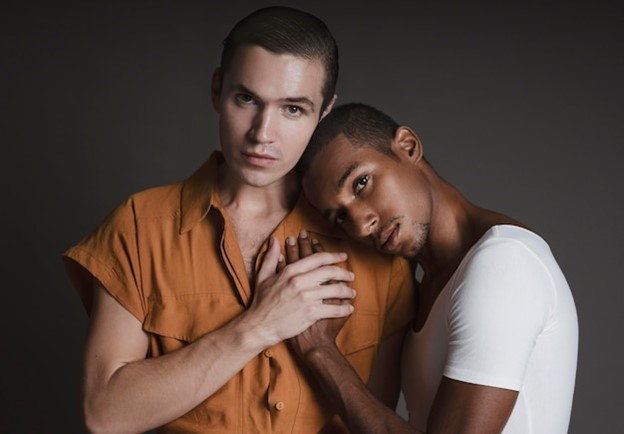Coming to terms with one’s sexual identity and navigating the process of coming out can be a challenging journey for individuals in any society. In South Africa, where societal norms and cultural expectations often clash with diverse sexual orientations, the experience can be particularly complex. Understanding the importance of acceptance, support, and education is vital in helping individuals cope with their sexual identity and fostering a more inclusive and tolerant society.
South Africa has made significant progress in recognizing and protecting the rights of the LGBTQ+ community. It was the first country in Africa to legalize same-sex marriage and has robust legislation that prohibits discrimination based on sexual orientation. However, despite legal advancements, societal attitudes and prejudices still exist, making the coming-out process a deeply personal and potentially difficult experience.
One of the fundamental aspects of coping with sexual identity and coming out is self-acceptance. Recognizing and embracing one’s true self is a crucial step in finding personal happiness and fulfillment. However, this process can be challenging, as individuals may grapple with internalized homophobia, fear of rejection, and uncertainty about how their loved ones and communities will react.
Building a support network is essential for individuals navigating their sexual identity. Connecting with understanding friends, family members, or LGBTQ+ support groups can provide a safe space for sharing experiences, seeking guidance, and finding solace. These networks can offer emotional support and help individuals realize that they are not alone in their journey.
Education plays a vital role in fostering acceptance and understanding within society. Promoting inclusive curricula in schools, colleges, and universities that address sexual orientation and gender identity can help break down stereotypes, reduce discrimination, and create a more supportive environment for LGBTQ+ individuals. Educators, community leaders, and influencers also have a responsibility to challenge harmful beliefs and promote tolerance through open discussions and awareness campaigns.
In South Africa, organizations such as the Triangle Project, OUT LGBT Well-being, and the Gay and Lesbian Memory in Action (GALA) offer resources, counseling, and advocacy for the LGBTQ+ community. These organizations play a crucial role in providing a safe haven for individuals struggling with their sexual identity and promoting acceptance within society.
Coming out is a deeply personal decision, and individuals should feel empowered to choose the timing and manner in which they disclose their sexual orientation. It is important to remember that everyone’s journey is unique, and there is no right or wrong way to come out. Some individuals may choose to come out to close friends and family members first, while others may decide to be more public about their identity. Respect for individual choices and personal boundaries is paramount.
While coming out can be a liberating and empowering experience, it is important to acknowledge that not everyone will react positively. Some individuals may face rejection, discrimination, or even violence. In such cases, it is essential to prioritize personal safety and seek support from trusted individuals or organizations. LGBTQ+ helplines and counseling services can provide guidance and assistance in navigating difficult situations.
Beyond the personal journey, creating a more accepting society requires ongoing efforts from all members of the community. Allies play a crucial role in challenging discriminatory behavior and advocating for LGBTQ+ rights. By engaging in conversations, educating others, and actively promoting inclusivity, allies can contribute to a more tolerant and understanding South Africa.
Coping with sexual identity and coming out is an ongoing process that requires self-compassion, resilience, and support. While South Africa has made significant strides in protecting LGBTQ+ rights, it is crucial to continue promoting acceptance, educating the public, and fostering an inclusive society. By doing so, South Africa can become a beacon of tolerance and equality for all individuals, regardless of their sexual orientation or gender identity.










